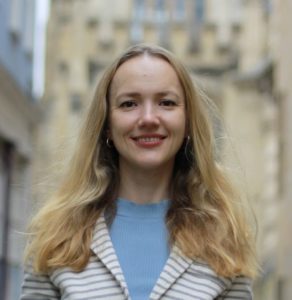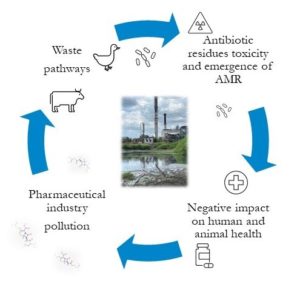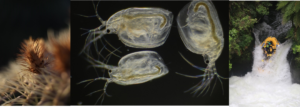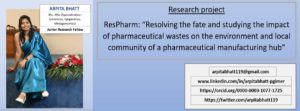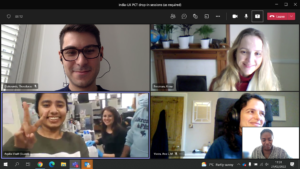Unveiling the Unseen: My Odyssey in Sensor Development
Tathagata Pal
AMSPARE, Indian Institute of Technology Bombay (IIT-Bombay)
Hello, dear readers! Join me on a journey through the captivating world of sensor development, where science meets art and the invisible is unveiled. I’m Tathagata Pal, and I’m currently on the cusp of completing my PhD in BioChemical Sensor development at the Indian Institute of Technology Bombay under the esteemed supervision of Prof. Soumyo Mukherji. My academic background spans various fields, including an MTech in Nanotechnology, an MSc in Biophysics, and a BSc in Physics (Hons). These diverse disciplines converge in my unwavering passion for crafting sensors that shed light on the hidden facets of the world around us.
One of the milestones of my academic journey has been my MTech thesis, an exploration into the realm of biocompatible carbon quantum dots. These minuscule wonders became the key to unlocking the mysteries of the microscopic universe. With their aid, I could illuminate the intricate details of bacteria, cancer cells, and even zebrafish. These nanodots are a testament to the power of innovation and the limitless possibilities within the field of sensor development as well.
During my MSc studies, I ventured into the realms of microbiology and virology, gaining hands-on experience in assay development with biomolecules. These experiences honed my skills and deepened my understanding of the intricate world of life sciences.
My overarching goal as a researcher is to make sensor technology accessible to all. I envision a world where sensors are not just tools for scientists but instruments that can be harnessed by people from all walks of life. My journey is guided by the synthesis of nanoparticles, interface chemistry, and bio-conjugate chemistry, culminating in the development of sensors that are not only innovative but also user-friendly. These sensors are a bridge between scientific discovery and everyday life, a gateway to understanding the invisible factors that shape our world.
Collaboration is the cornerstone of my research. I find immense joy in working with individuals from diverse backgrounds. The synergy of different expertise and perspectives is often the crucible where impactful discoveries are forged. Together, we can bridge gaps, solve complex problems, and create meaningful innovations.
Beyond the realm of academia, I live a life of quiet curiosity. My solitude is my sanctuary, where I seek answers to the myriad questions that fuel my inquisitive spirit. I cherish the simple pleasures of jogging and trail running, where I’m in sync with nature’s rhythm. I’ve also found unique companionship in the street dogs I’ve befriended and petted during my solitary journeys.
Let’s embark on a quest of discovery together as we explore the invisible, unravel the mysteries, and celebrate the beauty of collaboration. Science is a shared adventure, and I invite you to join me in this exciting journey of unveiling the unseen.
X (Twitter): https://twitter.com/TathagataPal18
LinkedIn: https://www.linkedin.com/in/tathagata-pal-10219385/
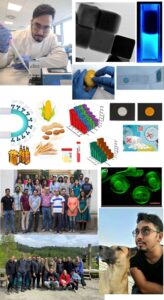
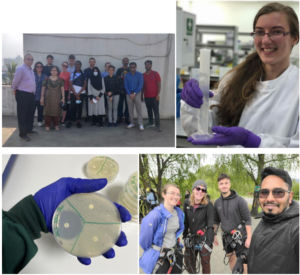
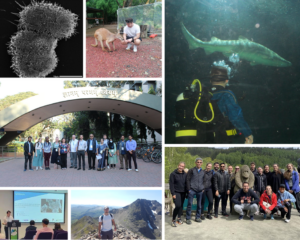
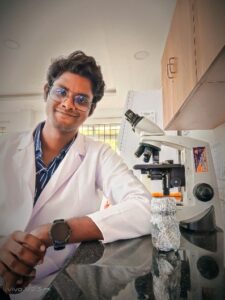
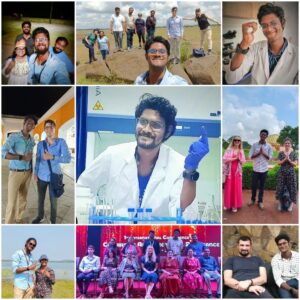
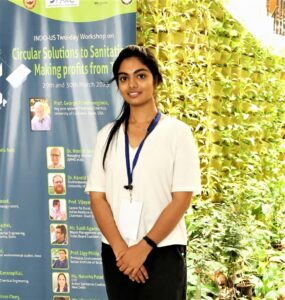
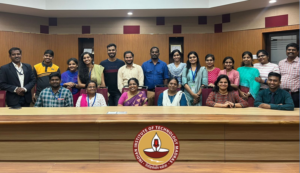
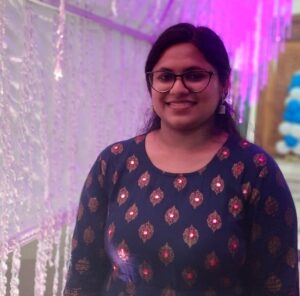
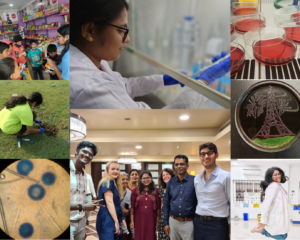
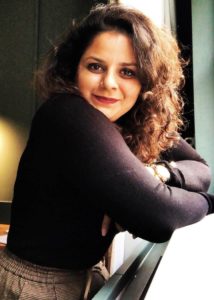 I will start with apprising the reader of my background. Though from the Hindi speaking north, I was born in the southern Indian state of Tamil Nadu and spent the initial nineteen years of my life there by virtue of a parent’s profession with the Government of India. After high school, I decided to study Sociology at the University of Madras, driven by a curiosity to understand society, culture, and community as concepts. I subsequently completed a Masters (2012) and an MPhil (2013) in Sociology at the University of Delhi. In 2020, I was awarded a PhD in Anthropology and Sociology of Development from the Graduate Institute of International and Development Studies (IHEID), Geneva. The academic environment in my doctoral programme further nuanced my understanding of critical medical anthropology, science and technology studies.
I will start with apprising the reader of my background. Though from the Hindi speaking north, I was born in the southern Indian state of Tamil Nadu and spent the initial nineteen years of my life there by virtue of a parent’s profession with the Government of India. After high school, I decided to study Sociology at the University of Madras, driven by a curiosity to understand society, culture, and community as concepts. I subsequently completed a Masters (2012) and an MPhil (2013) in Sociology at the University of Delhi. In 2020, I was awarded a PhD in Anthropology and Sociology of Development from the Graduate Institute of International and Development Studies (IHEID), Geneva. The academic environment in my doctoral programme further nuanced my understanding of critical medical anthropology, science and technology studies.